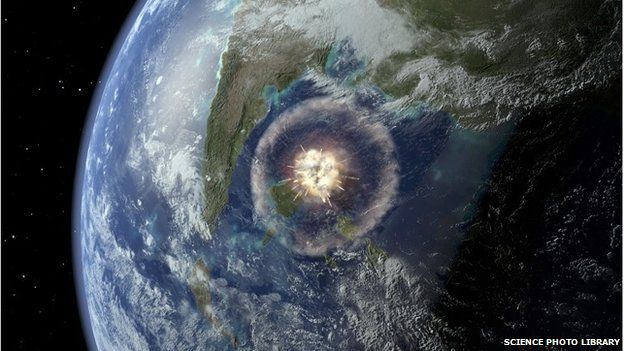
The last time the earth suffered a major extinction was 60 million years ago when huge asteroid crashed into the Yucatan peninsula of Mexico, killing of the dinosaurs and sterilizing much of North America.
"That kind of catastrophe will be what will happen over the next 100 years if we don't do something about the species extinction crisis," according to Duke University scientist Stuart Primm. "We will leave to our children and our grandchildren a much depleted planet."
Primm is the lead researcher in a shocking study titled "The biodiversity of species and their rates of extinction, distribution, and protection." The report recently published in the journal Science warns that the disappearance of many bird species indicates humans could be next to go.
"Species ought to die off at the rate of one species in 10 million every year," Primm told PBS NewsHour. "What's happening is that species are going extinct at a rate of 100 to a 1,000 species extinctions per million species. That's a rate that's very very much higher that we thought it was."
While a coincidental collision with a meteor is to blame of the last major extinction, the next one is human made, Primm said. "We are the ultimate problem. There are seven billion people on the planet. We tend to destroy critical habitats where species live. We tend to be warming the planet. We tend to be very careless about moving species around the planet to places where they don't belong and where they can be pests."
But all hope is not lost -- yet. "There are millions of people around the world who are passionate about orchids, about frogs, about birds, about dragonflies," the researcher said. "And that crowd-sourcing is giving us an enormous source of detailed information about where species are and we can use that detailed information to set very precise, very crisp conservation priorities. It helps us know where we need to act, where we need to invest our scarce conservation dollars."
Scroll down for the hottest trending related stories collected and ranked by Lead Stories' Trendolizer (patent pending), constantly updated from social network postings worldwide. But remember: Just because it's trending, doesn't mean it's true!















